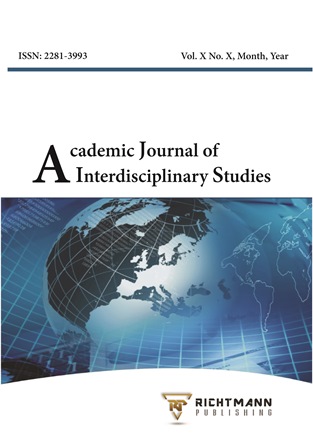The Future of the Journalism Profession from the Perspective of Professionals Following the COVID-19 Pandemic
DOI:
https://doi.org/10.36941/ajis-2023-0070Keywords:
Journalism profession, Covid-19, Descriptive research, Journalism and media, Journalistic practicesAbstract
The Covid-19 pandemic widely affected almost every field of life, and journalism is no exception. Following these major transformations, journalism is today going through different phases which further indicate the future of journalism worldwide. This study examined the future of the journalism profession in the post-pandemic era from the perspective of professionals in media organizations. The results revealed that most of these indicated that their organizations dealt with the coronavirus pandemic professionally by changing the work pattern in the institution. For example, changes in work location during the crisis were emphasized. Many journalists also had to adopt job turnover due to the increase of work-life challenges. In addition, recruitment patterns were altered and working patterns were transformed into digital approaches such as news gathering, publishing online and via social media. Additionally, the professional pressures on journalists were also emphasized in the responses. Regarding the future of journalism in the post-pandemic era, respondents revealed that journalism practices changed greatly after the pandemic. Specifically, changes in working hours, resources and approaches are now affecting the competencies of journalists in their organizations. Finally, the respondents indicated that the demand for “comprehensive journalism” is now in demand by media organizations. Consequently, there are increasing demands for individuals to have professional degrees in media and journalism.
Received: 1 January 2023 / Accepted: 16 April 2023 / Published: 5 May 2023
Downloads
Downloads
Published
Issue
Section
License

This work is licensed under a Creative Commons Attribution-NonCommercial 4.0 International License.
This work is licensed under a Creative Commons Attribution-NonCommercial 4.0 International License.








